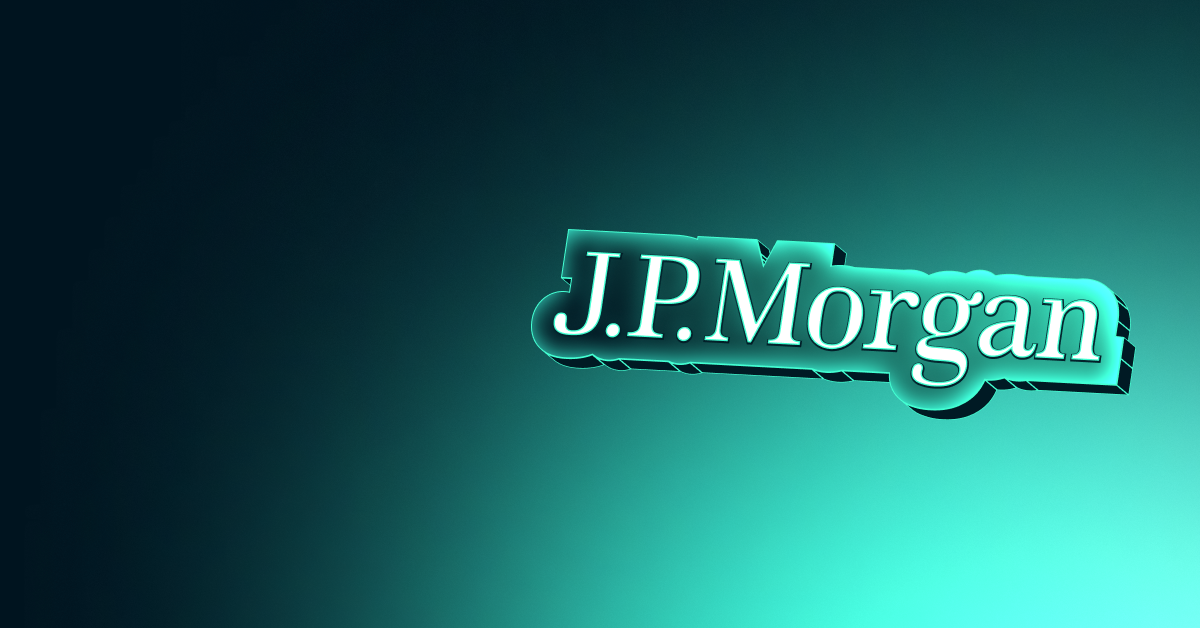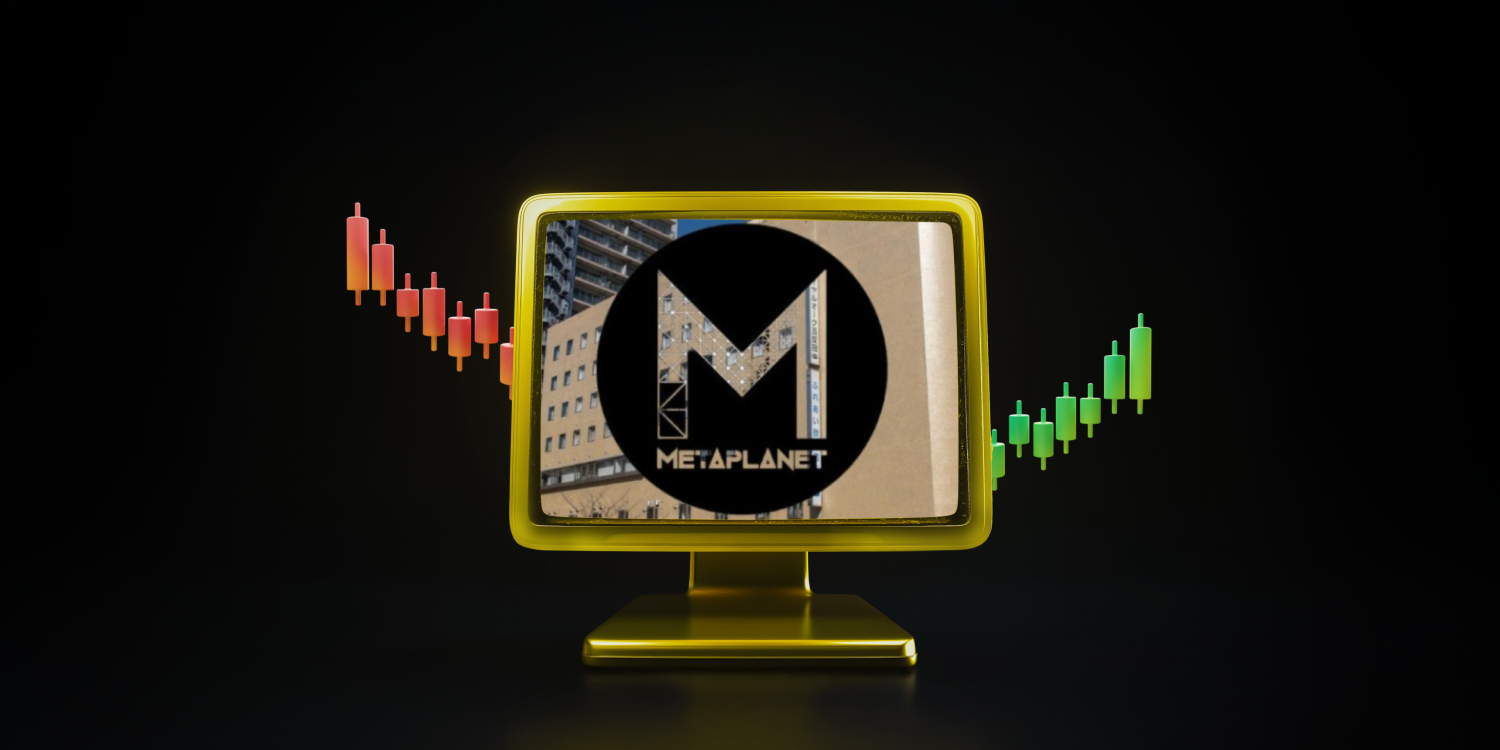Overview
- According to a report by JP Morgan analysts, only 66-83% of Tether’s reserves are compliant with the proposed US stablecoin bills. According to analysts, this may require Tether to change its asset structure.
- Analysts predict in the report that if the bill comes into force, Tether may be forced to sell Bitcoin and other non-compliant assets in its reserves and replace them with bill-compliant assets (US Treasury Bills and more liquid assets).
- Despite analysts, Tether CEO Paolo Ardoino says that Tether can easily adapt to legislative proposals with its strong financial structure.
What GENIUS and the STABLE Bill Mean for Stablecoin Issuers
Senator Bill Hagerty introduced the GENIUS bill on February 4, which aims to establish a federal licensing and oversight framework for stablecoin issuers. This bill aims to establish a federal licensing and supervisory framework for stablecoin issuers. The bill was supported by Senate Banking Committee Chairman Tim Scott and Senators Kirsten Gillibrand and Cynthia Lummis.
In addition, on February 6, French Hill, Chairman of the House Financial Services Committee, and Representative Bryan Steil released a draft text for stablecoin regulation called the STABLE bill. The STABLE bill aims to make the stablecoin market in the US more transparent and regulated.
The STABLE bill is aligned with the GENIUS bill and is intended to provide a complementary legislative process in the House of Representatives.
What Will Tether’s Strategy Be Under Stablecoin Legislation, according to JP Morgan Analysts?
According to JP Morgan analysts, the STABLE bill allows stablecoin issuers to hold only bill-compliant assets (such as US treasury bonds, US treasury bills, deposits, short-term treasury repos) in their reserves.
According to analysts, current Tether reserves are 83% compliant under the GENIUS bill and 66% compliant under the STABLE bill. Under the proposed bills, Tether would have to replace its non-compliant assets with compliant assets (such as treasury bills and bonds).
So, What Is Tether’s Position on This?
Commenting on the issue, Tether CEO Paolo Ardoino said, “Tether is closely following the development of different US stablecoin bills and is also actively interacting with local regulators. Ardoino also stated that the bill is still in its early stages, and it is not yet clear which bill will be adopted.
On the other hand, Ardoino expressed Tether’s strong financial structure with the following words:
“JP Morgan ignores the fact that the Tether Group has over $20 billion in other liquid assets and made more than $1.2 billion in profits in the quarter through US Treasury Bills. Complying with the new bills will be fairly straightforward.”
General Evaluation
According to JP Morgan analysts, only 66-83% of Tether’s reserves are compliant with the proposed US stablecoin bills, which may require changes to Tether’s reserve asset structure. If the bills pass, Tether may be forced to sell Bitcoin and other non-compliant assets to acquire compliant assets such as US Treasury Bills.
However, Tether CEO Paolo Ardoino emphasized Tether’s strong financial structure, stating that the company can easily adapt to these regulations, unlike JP Morgan analysts.
Disclaimer
This content is for informational purposes only and does not constitute financial or investment advice. All investment decisions and risks belong solely to the reader.





